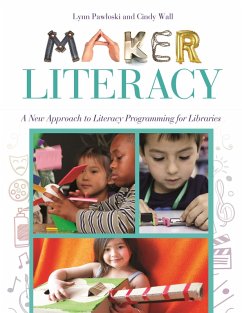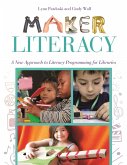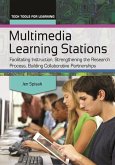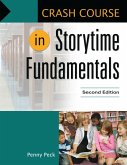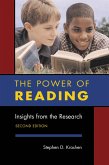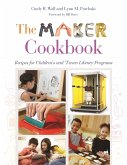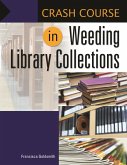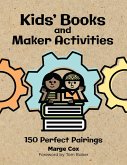This book takes the creativity and inventiveness of the maker movement and applies that energy in a new way to help children learn across all subject areas as well as broaden their world view.
Traditional library literacy programs have helped many children foster a love of reading, but to prepare this next generation of learners, this programming needs to be modified to include technology. The inherent creativity and inventiveness of the Maker Movement, embracing both classic and innovative technological activities, provides the perfect bridge to invigorate, expand, and update these programs. This alternative to conventional library literacy programming will help children learn throughout all subject areas, see additional possibilities, and make connections in the world around them.
With this guide, readers can discover how to apply maker literacy to introduce connections that help children better understand that their experiences in life are interrelated-that art can be made on a 3D printer and that science and technology are an essential part of design. This holistic approach provides a myriad of creative opportunities for both teaching staff and the children they serve. A great resource for youth services librarians in public libraries, this guide to infusing library programs with technology and maker activities to motivate learning will also appeal to preschool and elementary librarians, educators, and parents.
Traditional library literacy programs have helped many children foster a love of reading, but to prepare this next generation of learners, this programming needs to be modified to include technology. The inherent creativity and inventiveness of the Maker Movement, embracing both classic and innovative technological activities, provides the perfect bridge to invigorate, expand, and update these programs. This alternative to conventional library literacy programming will help children learn throughout all subject areas, see additional possibilities, and make connections in the world around them.
With this guide, readers can discover how to apply maker literacy to introduce connections that help children better understand that their experiences in life are interrelated-that art can be made on a 3D printer and that science and technology are an essential part of design. This holistic approach provides a myriad of creative opportunities for both teaching staff and the children they serve. A great resource for youth services librarians in public libraries, this guide to infusing library programs with technology and maker activities to motivate learning will also appeal to preschool and elementary librarians, educators, and parents.

